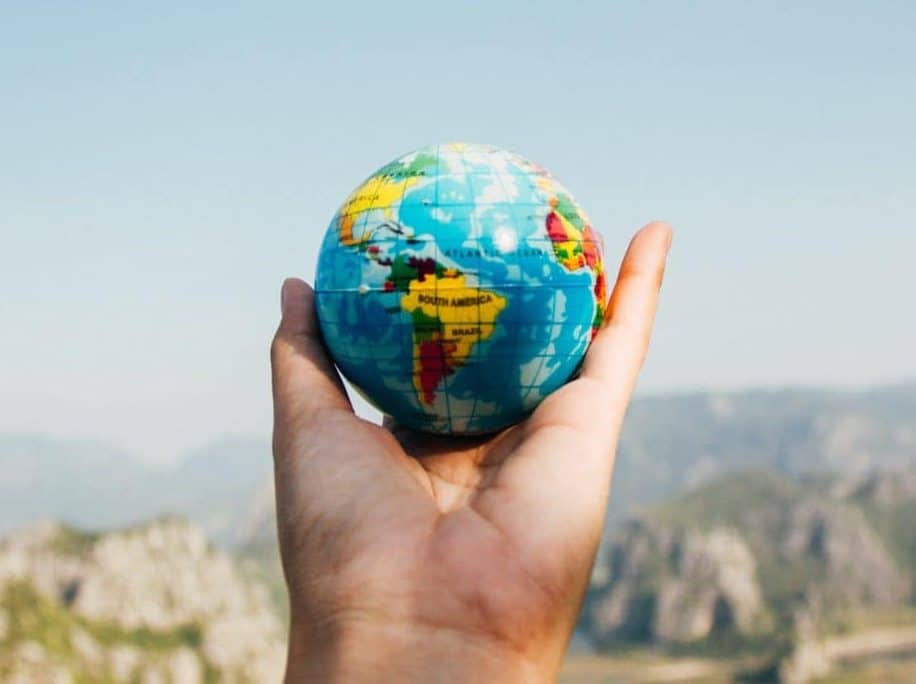Every soul on earth seeks love and acceptance and belonging. When we’re looking for validation…

Evolving Through Language by Joy Menet, CNSF
Being able to speak more than one language is a superpower. They don’t teach you that in high school. The first stories I heard about Spanish-speaking culture were characterized by stereotypes of the gitanos in Spain that my high school Spanish teacher would tell us. I’ve come a long way in understanding and appreciating not only this beautiful language, but all of the cultures that use it to bring meaning to their lives. However, it wasn’t until recently that I realized the incredible benefits que brinda for my brain, as well.
In high school, my parents told me that I had to take Spanish. In hindsight, I’m incredibly grateful they were so adamant about it. Being healthcare workers, they knew how it felt to take care of a patient and not be able to communicate and connect in the way they did with their English-speaking patients. Although more than 90% of our communication is nonverbal, the emotional connection and reassurance that comes from being able to speak someone’s native language is incomparable. I see this often in my work as a medical Interpreter, where I’ve witnessed my second language become a superpower many times as it brings healing through familiarity of sound. Considering how and where language is processed in our brain, it makes sense that the same language that brought us soothing relief in infancy renders the same effect when receiving medical attention.

My personal Spanish language acquisition process has helped me to see the world in culture, not just color. I look forward to accompanying you to look at how being bilingual and bicultural plays a role in your life and highlight the benefits of how using a multicultural lens really can be a superpower.
Join Joy Menet, CNSF for her new The Bilingual Brain: From Bilingual to Bicultural class on June 10th Online or In-Person at NSI for more information on how being multilingual benefits your brain and multicultural lens.

Joy is best known for her passion to be in service to others, working towards equity in healthcare and education, her love for the natural world, and a kind and reassuring laugh. In addition to being a CNSF, she is also a Functional Medicine Certified Health Coach and a nationally certified Spanish-English Medical Interpreter. When working with private clients, she listens to help create a personalized plan that focuses on the Neurosculpting® tools, hands-on energy work when applicable, and lifestyle coaching which includes making actionable steps towards lasting behavior change. Working as an Experiential Educator and Wilderness Guide for the past 18 years, she recognizes the healing powers of the natural world as being critical to her own healing. She also realizes the importance of using food as medicine and can help guide clients towards implementing healthy nutritional habits when needed. While living abroad in Ecuador for 6 years, she worked as a Montessori teacher while simultaneously serving as president of a mountaineering club. If you don’t understand her at first, it may be because she’s speaking another language which she’ll interpret promptly. Please feel free to get in touch with her at [email protected].
https://www.coursera.org/learn/bilingual




